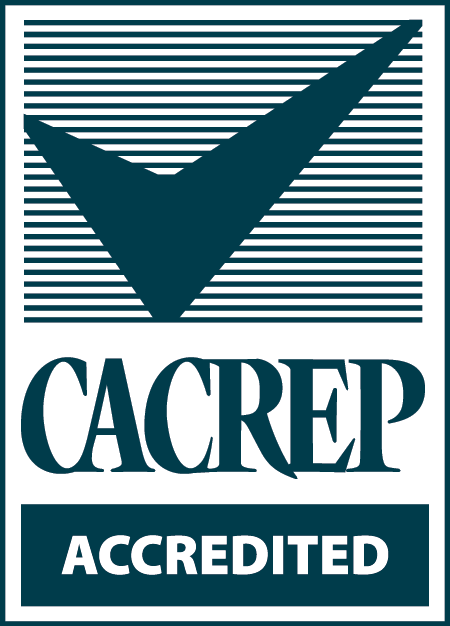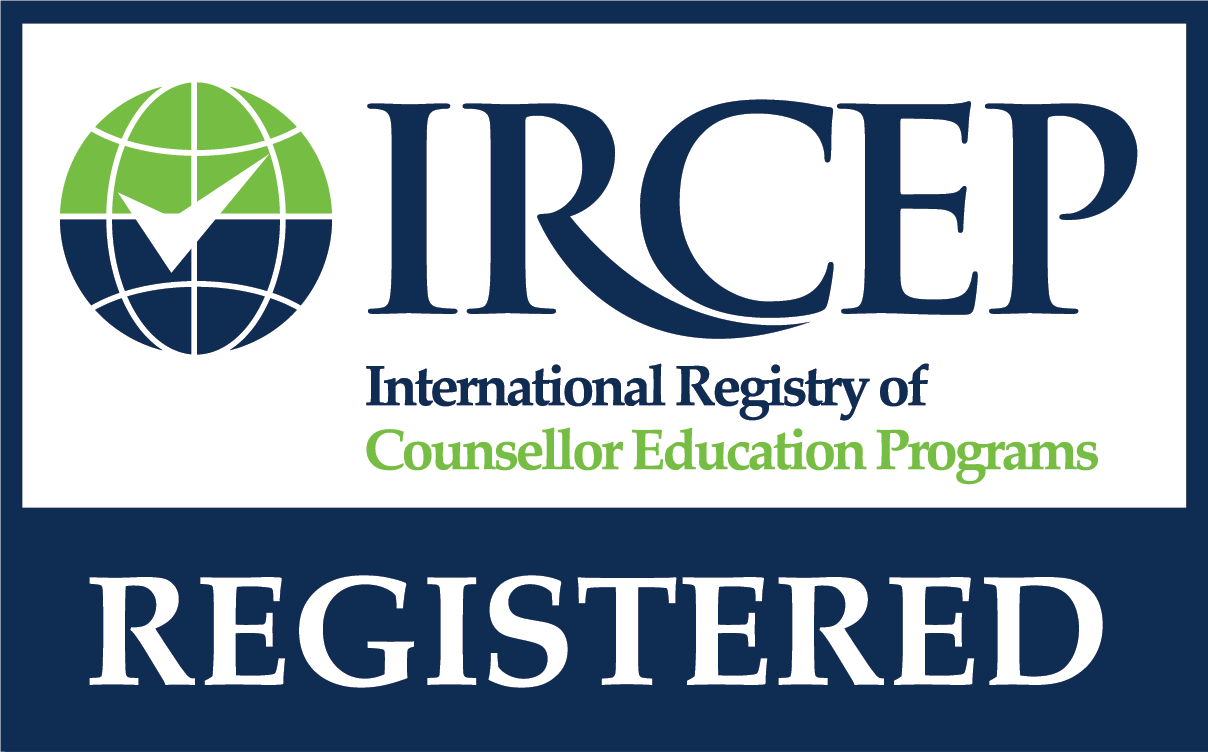Date: Tuesday, November 4th, 2025, 1:00-2:30 PM ET
Presenter: Jeff Krepps, PhD, LMFT, Program Director, Doctor of Behavioral Health Program, Co-chair and Associate Professor, Campbell University School of Osteopathic Medicine
Abstract:
Integrated Behavioral Health (IBH) is a vital approach to improving healthcare by embedding behavioral health services into medical settings. This presentation introduces counseling students to the foundations of IBH through two leading models: the Collaborative Care Model and the Primary Care Behavioral Health (PCBH) model. Both emphasize interprofessional teamwork, systematic screening, and evidence-based interventions, but differ in structure and focus—Collaborative Care on caseload management with psychiatric consultation, and PCBH on same-day, brief interventions embedded in primary care. Using the case study of Maria, a patient with diabetes and depression, participants will examine how behavioral health clinicians/counselors function in both models and address clinical, cultural, and systems-level challenges in integrated practice.
Learning Objectives:
By the end of this webinar, participants will be able to:
- Defineintegrated behavioral health (IBH) and explain its significance for counseling practice.
- Explain the roles of key team members (primary care providers, behavioral health clinicians/care managers, medical assistants, and psychiatric consultants) in integrated settings.
- Applybrief, evidence-based behavioral interventions (e.g., CBT, MI, ACT, PST) within medical contexts.
- Interpret screening and measurement tools (e.g., PHQ-9, GAD-7) and describe how they guide clinical decision-making in integrated care.
- Describe the structures, workflows, and goals of the Primary Care Behavioral Health (PCBH) model and the Collaborative Care Model (CoCM).



